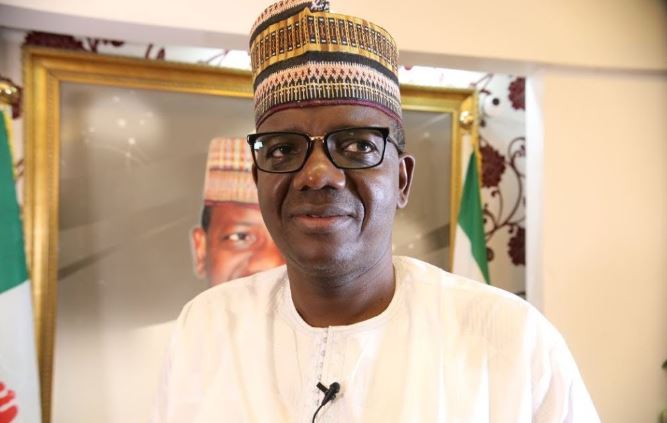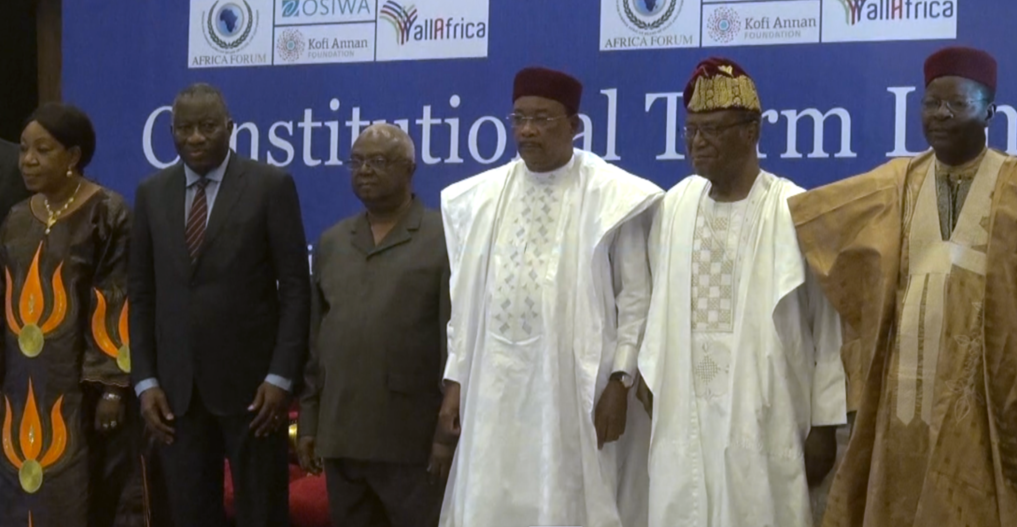There are too many committees in the senate and house of representatives — and this is impacting negatively on the oversight function of the national assembly, a study has said.
The report of the study, which assessed the national assembly between 2015 and 2019 and drew lessons for the current set of federal legislators, was undertaken by YIAGA Africa Centre for Legislative Engagement (YIAGA-CLE) and supported by the European Union and the European Union Support to Democratic Governance in Nigeria.
It was released in Abuja on Friday.
The senate, with 109 members, has 69 committees while the house of reps, with 360 lawmakers, has 105 committees.
Advertisement
Virtually every lawmaker is chairman or deputy chairman of a committee.
MULTIPLICITY OF COMMITTEES
The “Report of a Performance Assessment of the 8th National Assembly in Nigeria’s Fourth Republic” by YIAGA-CLE said “notable challenges include poor funding, which not only undermines public hearings and oversight visits, but also tends to encourage reliance on MDAs for financial assistance for oversight”.
Advertisement
It said the “multiplicity of committees, purely for political exigencies and often with overlapping jurisdictions, also results in conflict and inefficiency” and that the large number of committees “ultimately affects funds available to individual committees”.
The assessment focused on three key functions of the national assembly: law making, oversight and representation.
It said: “With respect to law making, there was a significant increase in the number of Bills handled by the 8th National Assembly. Specifically, 2,166 Bills were introduced, out of which 515 pieces of legislation were passed, including 21 Constitution Alteration Bills – 5 of which received presidential assent. The Senate passed a total of 172 bills while the House of Representatives passed 343 bills within the same period. Some of these Bills could be regarded as landmark or significant for the widespread interest they generated, high media attention, pertinent issues they addressed and overall high perception of their potential impacts. Such Bills include the North East Development Commission Bill and Not Too Young to Run Bill, among others.
“Of all those Bills, 53 were declined Presidential assent and only about 80 (15.5%) received assent although several Bills were still awaiting assent at the time of study. However, data on the number of Bills transmitted to the President for assent were not available. Over the same period, 15 Bills were withdrawn while 33 were ‘negatived’ – killed. Overall, the efficiency percentage was 23.8%, representing the proportion of all Bills introduced that were successfully passed by the 8th National Assembly. Compared to the 7th National Assembly, which passed a total of 205 Bills out of a total of 1367 introduced, the 8th National Assembly was far better.”
Advertisement
The report also highlighted a high level of increase in the number of private members bill — which accounted for 95.8% of all bills introduced during the 8th national assembly.
QUALITY OF REPRESENTATION
Nigerians were also asked to rate the quality of representation.
“Of the 2,910 respondents who evaluated the 8th National Assembly, nearly half (46.0%) rated it to have performed ‘averagely’ while 32.7% rated it ‘above average’, 8.6% as ‘excellently’ and 12.7% as ‘below average’. Also, 14.4% respondents considered the legislations passed to be inclusive ‘To a large extent’; 53.9% ‘To some extent’; 25.8% ‘To a little extent’, while 6.0% respondents did not see any inclusion in the legislations passed,” the report said.
Advertisement
It noted that at the aggregate level, “the overall assessment of representation was below average. The positive rating stands at 29.8% of the respondents (‘excellent’, ‘very good’ and ‘good’ combined); 34.0% as fair and another 34.0% as poor (a combination of ‘very poor’ and ‘poor’). But if we take ‘fair’ as an indication of pass mark, then the positive assessment becomes a total of 63.8% of the respondents. When disaggregated, the rating across almost all indicators was a little better for the House of Representatives than the Senate”.
Itodo Samson, executive director of YIAGA AFRICA, signed the report.
Advertisement
Add a comment






